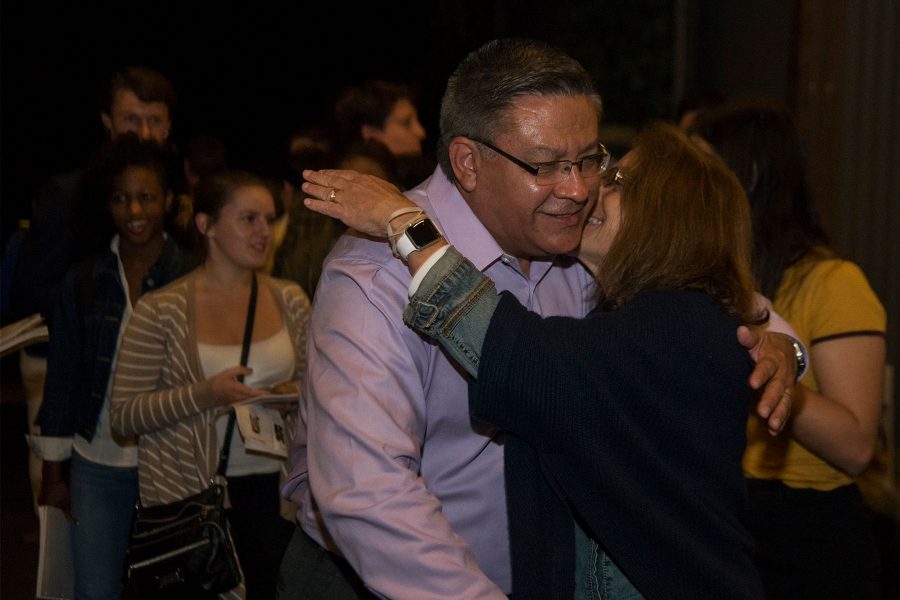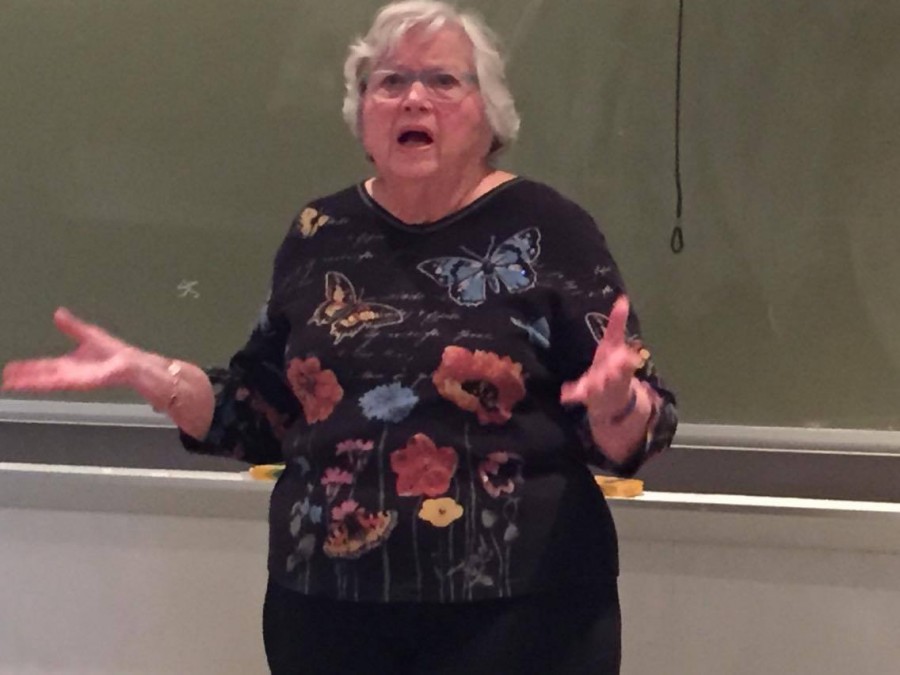The man responsible for the Isla Vista Massacre of 2001 is being released to an unlocked treatment center sometime within next three months.
David Attias killed City College student, Ruth Levy, when he ran her and four others down with his black Saab around 11 p.m. Feb. 23, 2001 in the streets of Isla Vista.
The former UCSB student was found not guilty by reason of insanity, which resulted in a sentence of up to 60 years in a state mental hospital. Now, a decade after starting psychiatric treatment at Patton State Hospital, Attias is being released.
“The court basically said that he did, in fact, commit the crimes that he was accused of, but due to his mental state at the time of the offense he was not criminally liable,” said Tom Mahoney, professor of criminal justice.
“In certain, rare cases, a person is so mentally ill that they are not able to form the necessary intent to commit the crime. Intent is necessary for a person to be found guilty.”
Attias was granted conditional release from the hospital Aug. 30 because he had shown ‘significant improvement’ during his decade-long stay there. He is being moved to an unlocked community outpatient program under Santa Barbara Judge, Thomas Adams’ ruling.
“I’m certainly not excusing his actions. He killed four people,” Mahoney said. “But if we can agree that certain mental conditions, not necessarily the fault of the individual, can be treated and the individual returned to society, then we must accept what has happened as justice.”
Ruth Dasha Golda Levy was a gentle-spirited individual whose tragic and horrifying death affected both friends and strangers who heard of the incident.
“My love is unending…” Ruth’s father, Arthur Levy, said in his speech at her memorial at City College in 2001. “You have made a mark in my life that will last to eternity.”
Ruth Levy was an extraordinarily generous individual. She and her mother often volunteered at homeless centers in her hometown, San Raphael, serving dinners. At City College, Levy was known for her studious disposition and creativity. A poem she wrote entitled, A Mother,” was read at her memorial.
“I will not have the opportunity to see you in a wedding dress, to see you give birth, my grandchildren… to see you become the mother your poem reflected, or to see you achieve your dreams and goals,” Arthur Levy said. “For the remainder of my days, I will be blessed to know that you were my daughter.”









